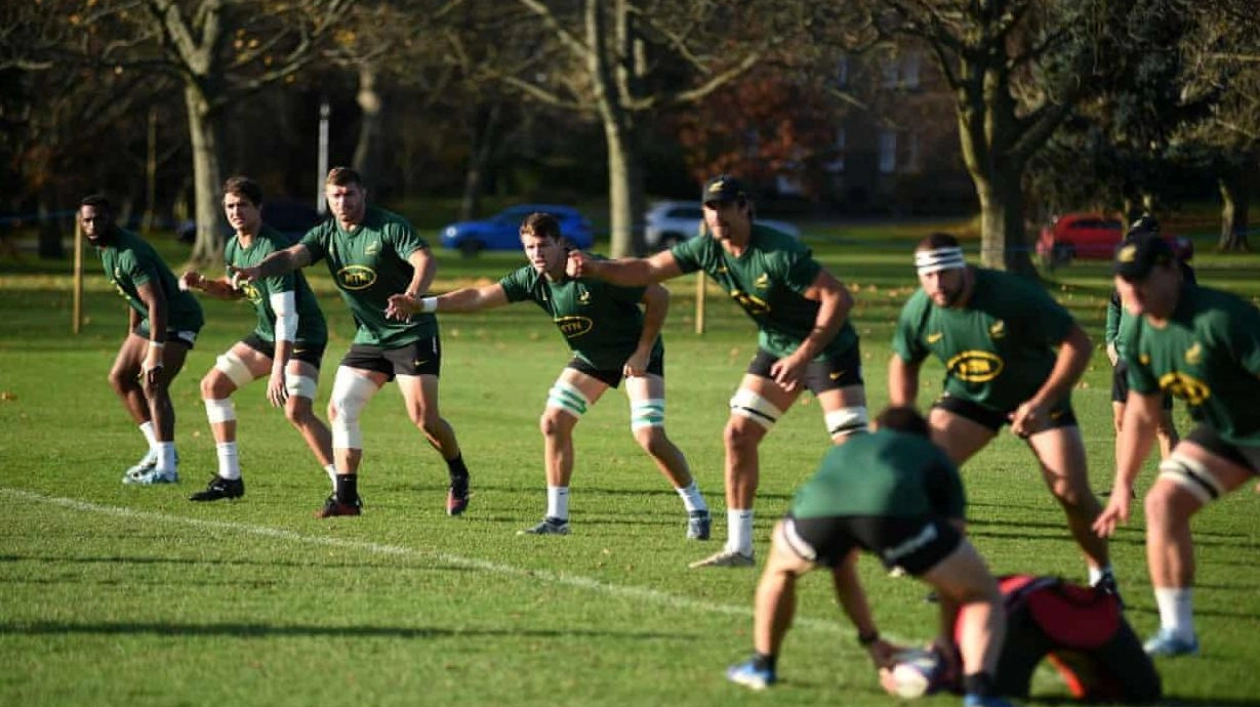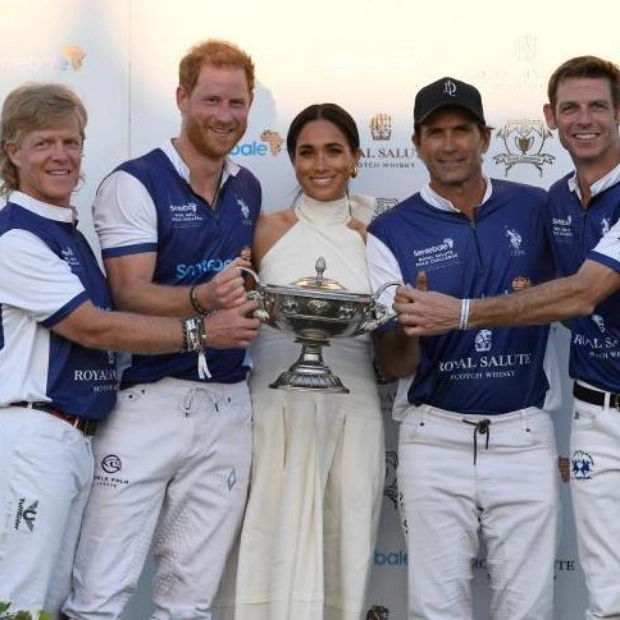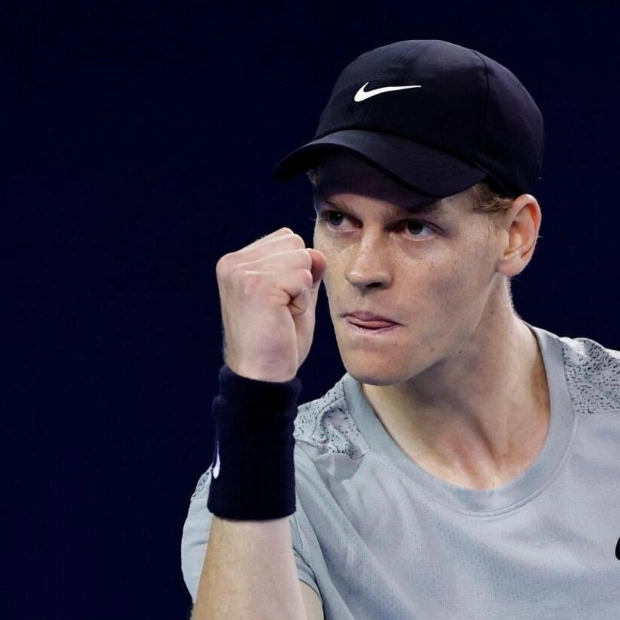A 50-point romp against Fiji's second team is not on the cards. Scotland welcomes the Springboks, champions of the southern hemisphere, world champions, and masters of the kind of rugby that can intimidate even the bravest. This Sunday in Edinburgh, the real test begins. It's been amusing, almost surreal, to see South Africa's head coach, Rassie Erasmus, attempt a charm offensive this week. One moment he's all about being loved, the next he's deploying a seven-one split on the bench, signaling their intent to dominate. The Springboks excel at winning rugby matches; it appears winning hearts is their next mission. This shouldn't be as tough as they make it out to be. The old 'Bomb Squad' cliché holds true, but South Africa can slice teams apart elegantly as well as brutally—a trait that has persisted for some time. Yet, the squad Erasmus has chosen for Scotland, despite his claims that they just want to be loved, hints at a more brutal approach.
Scotland counters the Springboks' threat by including six forwards on their bench, a tactic once unusual but now commonplace in the brutal arena of international rugby. Last year, the Springboks introduced the deliberate selection of seven forwards on the bench, a strategy that won them a World Cup final. They deploy it again here, with Grant Williams as the sole back on the bench, a versatile scrum-half-cum-winger. The world protested the seven-one split last year, arguing it tarnished rugby's image. Erasmus, reusing the tactic, tells the world he doesn't care; he just wants to be loved. Gregor Townsend would love to have to appeal for love. His Scotland team has often been seen as everyone's second favorite, sometimes more concerned with winning hearts than matches. They've occasionally lost in the most heartbreaking ways. Townsend knows his team will become less popular by winning matches—and competitions—consistently. Glasgow has made strides in this regard, currently champions of the United Rugby Championship, a title won in South Africa, no less.
Seven Glasgow players will start against four Bulls, but comparisons end there. Glasgow's win, popular for the reasons mentioned, was achieved through a classic ambush, finishing fourth in the regular season before storming through the playoffs. South Africa, familiar with their Celtic counterparts in the URC, will be well aware of Scotland's threat. Tom Jordan gets his first start at full-back under Townsend. Certain snide comments about Scotland's non-native talents have come from the Springbok camp, easily missed amid their appeals for love. Jordan is the latest, a New Zealand playmaker who qualified through residency. His preferred position is fly-half, but Finn Russell returns from Bath, free to play now the international window is open. Blair Kinghorn, expected to play at full-back, returns from Toulouse to line up on the wing, replacing Darcy Graham, who failed a head injury assessment.
This is the second rerun of a World Cup pool match, following Wales-Fiji. South Africa dominated Scotland then. Ominously, they can field an intimidating lineup featuring just two players from that starting side. Franco Mostert returns from a broken leg to partner Eben Etzebeth in the second row. In a sport with such a variety of player types, Etzebeth, captain for the day, could be considered the best in the world. Antoine Dupont might be more popular, but in the business of winning rugby matches, none are as skilled as Etzebeth, or this Springboks team of which he is the heart and soul. They can focus on the love thing when they retire.
The other World Cup rerun on Sunday will take place in Cardiff, where Wales hosts Fiji. These visitors are known for putting on a show. Fiji took a beating last week in Scotland, partly due to unfavorable decisions in the first quarter. But that was without most of their best players. This week, six of those are included, now released by their clubs for the international window. A predominantly inexperienced Wales team will have to be on their guard. If not, they could suffer their 10th consecutive defeat. One must go back to last year's World Cup pool stage for Wales's most recent win, against Georgia. That was the last of a campaign that yielded four wins from four, starting with a dramatic win over Fiji in sweltering Bordeaux. Many thought Fiji was hard-done-by in that match, but the Wales team they faced then seems from a different era.
Only four of the starting lineup will feature, all in the pack. Will Rowlands and Adam Beard provide reassurance in the engine room, having missed the summer campaign, which resulted in defeats against South Africa and Australia (twice). Elsewhere, the cap quotient is boosted by the selection of Tomos Williams and Gareth Anscombe. Their Gloucester teammate, Max Llewellyn, is picked in the center with Ben Thomas, the playmaker of Cardiff, while Blair Murray, a Kiwi with a Welsh mother, makes his debut on the wing. Confidence is low in the Wales camp after a winless Six Nations, their first wooden spoon since 2003. A 10th defeat in a row would bode ill for the rest of the series, with Australia and South Africa to come.
Source link: https://www.theguardian.com






